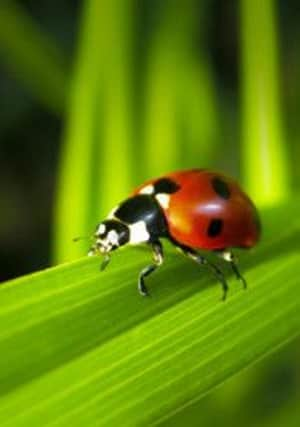Wildlife under threat from cold weather


The charity’s Nature’s Calendar project has seen a significant drop in records of early spring indicators this year compared to last. For example, last year in Northern Ireland the average date for first sightings of the common seven-spot ladybird was March 16 and the average date for flowering blackthorn was March 15. No reports have been received for either species so far this year. Tree budburst records are also lagging behind previous years.
The Trust has also raised concerns for wildlife species that hibernate during the winter months, such as bats and hedgehogs.
Advertisement
Hide AdAdvertisement
Hide AdKay Haw, conservation advisor at the Woodland Trust said: “Species that may suffer are those that hibernate. Hedgehogs spend most of their time before hibernation fattening themselves up so they can survive this dormant period. However, if they do not have enough fat reserves, perhaps because of a lack of food or an extended period of hibernation due to a long cold winter, they can die. Bats are a similar story and, even if they did come out, there would be virtually no insect food around because it is just too cold for most invertebrates at the moment.
She continued: “In order for the Trust to better understand the impact of long-term climate change on some if the UK’s most-loved native species, we need more people to record their spring sightings on our Nature’s Calendar website. All recorders are most welcome and even a single sighting is of scientific value.”
The charity’s Nature’s Calendar project, which has records dating back to the 17th century, allows people to record signs of spring by noting sightings such as active insects, tree budburst and birds showing nesting behaviour. The records compiled by the public are used by government and scientists to aid the understanding of how flora and fauna is adapting to the changing environment.
The number of active recorders for the project is currently falling and, crucially, the charity needs to maintain a network of recorders in all parts of the UK to help maintain the scientific integrity of the data. Records from Northern Ireland are particularly scarce.
To add your observations, or to simply find out more, visit www.naturescalendar.org.uk